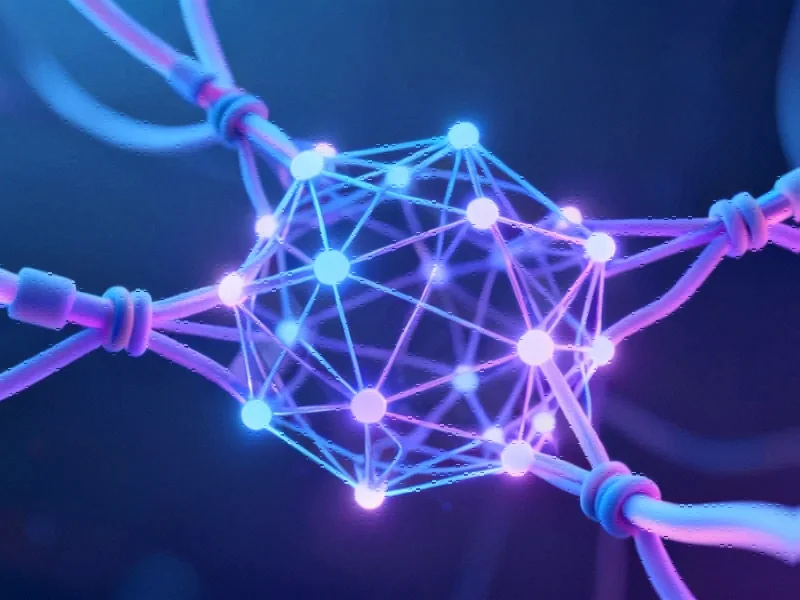According to CNET, Justice Joanna Smith ruled on Tuesday that Stability AI did not violate copyright law when training its Stable Diffusion image models using Getty Images’ content, stating the company doesn’t “store or reproduce any Copyright Works.” However, the court found that Stability AI did violate Getty’s trademark protections by allowing users to create images resembling the Getty and iStock logos. Getty called this a win for intellectual property owners, while Stability AI emphasized that Getty had voluntarily dismissed most of its copyright claims earlier this year. Both companies claimed victory in this historic yet extremely limited ruling that echoes similar outcomes in US courts involving Anthropic and Meta.
Why everyone thinks they won
Here’s the thing about these AI copyright cases – they’re so complex that everyone can find something to celebrate. Getty gets to say “See? We protected our trademarks!” while Stability AI can declare “The core copyright issue is resolved!” Both positions have merit, depending on which part of the ruling you focus on. Basically, the court gave each side just enough to claim victory without actually settling the bigger questions. It’s like when both teams celebrate after a tied game – technically nobody lost, but did anyone really win?
The real story behind the headlines
Look, this ruling is being called “historic” by the judge herself, but she also described it as “extremely limited” in scope. That’s legal speak for “don’t get too excited, this doesn’t set a sweeping precedent.” The decision specifically applies only to the evidence and arguments presented in this case. So what happens when another company brings a slightly different claim? We could get a completely different outcome. And that’s the problem with these early AI copyright cases – we’re building the legal framework in real time, and it’s messy as hell.
What this means for creators
For artists and photographers worried about their work being used to train AI? This ruling doesn’t give them much comfort. The court basically said that training AI models on copyrighted content isn’t infringement because the models don’t actually “store or reproduce” the works. But here’s the kicker – your digital content could still end up in training databases without your permission. And while Getty scored a win on trademarks, that’s cold comfort for individual creators who don’t have massive legal teams. So where does that leave the average artist? Probably still wondering if their life’s work is becoming AI training fodder.
The bigger picture
We’re watching the birth of a whole new legal landscape, and it’s happening case by case. US courts have their own approach with decades of copyright precedent, but generative AI is throwing curveballs that existing law wasn’t designed to handle. Each ruling like this one adds another piece to the puzzle. But here’s what worries me – by the time we finally have clear rules, will the damage already be done? Companies are building these models now, using content now, and the legal system is playing catch-up. It’s a race between innovation and protection, and honestly, I’m not sure who’s winning.




